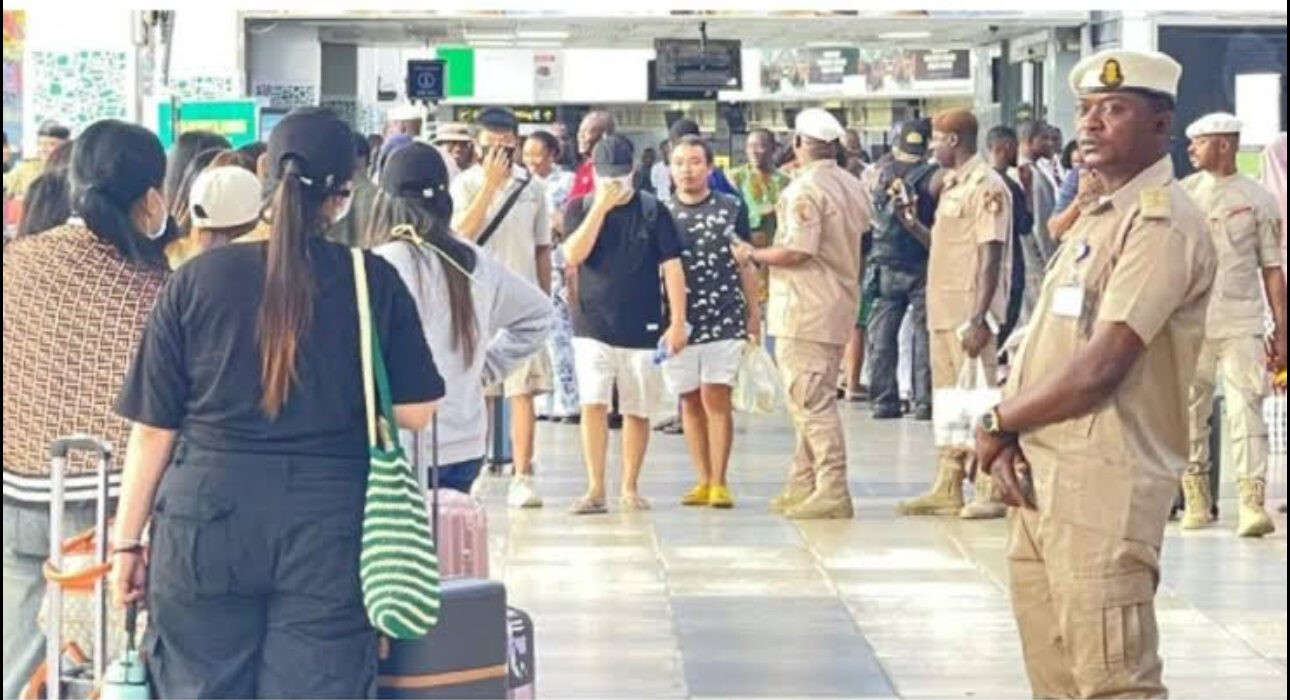Nigeria Deports 42 Foreign Nationals Convicted of Cybercrime, More to Follow

The Federal Government of Nigeria has deported a group of 42 foreign nationals convicted of cyber-terrorism and internet fraud, in the first phase of a large-scale repatriation exercise coordinated by the Economic and Financial Crimes Commission (EFCC) and the Nigeria Immigration Service (NIS).
The deportees, identified as nationals of China and the Philippines, were among the 192 foreign suspects arrested during a major EFCC raid in Lagos in December 2024, which uncovered a sophisticated cybercrime network linked to Ponzi schemes and online fraud.
The operation, one of the largest of its kind in Nigeria, saw a total of 759 individuals apprehended, including both Nigerians and expatriates.
Following their trial and conviction, the NIS confirmed that deportations had begun on August 18, 2025, with 42 convicts already repatriated to their home countries. Authorities explained that the remaining 150 foreign nationals who were convicted in connection with the crimes would also be deported in phases over the coming days.
The EFCC described the exercise as a demonstration of Nigeria’s determination to rid the country of cybercriminals, safeguard its digital space, and send a clear signal that foreign syndicates will not be allowed to use Nigeria as a base for illicit online operations.
Officials stressed that cybercrime has become a threat not only to individuals and businesses but also to national security, hence the collaboration between security and immigration agencies.
The deportation is also expected to ease pressure on Nigeria’s correctional facilities, which are already overcrowded.
Government officials assured that the process complied with international standards, with liaison established between Nigerian authorities and the consular offices of the deportees’ home countries.
With cybercrime continuing to draw global concern, Nigeria’s actions are being closely watched by both local and international observers.
The EFCC and NIS have reiterated that further operations will target networks still operating within the country, while stressing the need for stronger international cooperation in tackling transnational fraud and cyber-terrorism.









